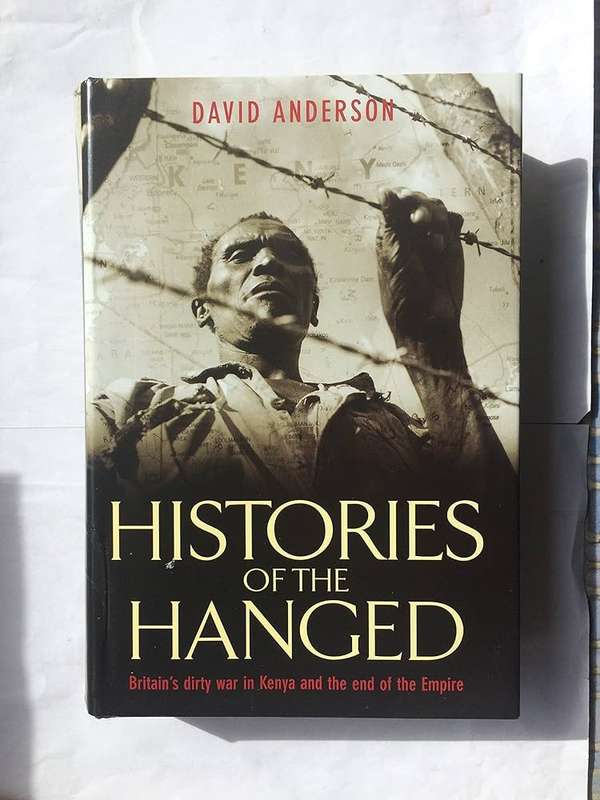
Histories of the Hanged: Britain's Dirty War in Kenya and the End of Empire
Check my rate
| Main centres: | 1-3 business days |
| Regional areas: | 3-4 business days |
| Remote areas: | 3-5 business days |

| Main centres: | 1-3 business days |
| Regional areas: | 3-4 business days |
| Remote areas: | 3-5 business days |
Published by W W Norton & Co Inc, 2005, hardcover, illustrated, index, 406 pages, condition: as new.
This book tells for the first time the story of the dirty war the British fought in Kenya, in the run-up to the country's independence in 1964. In 1952, after years of tension and bitterness, the grievances of the Gikuyu people of central Kenya exploded into open rebellion. Only 32 European settlers died in the subsequent fighting, but more than 1,800 African civilians, over 3,000 African police and soldiers, and 12,000 Mau Mau rebels were killed. Between 1953 and 1956 Britain sent over a thousand Kenyans to the gallows, often on trumped up or non-existent charges. Meanwhile 70,000 people were imprisoned in camps without trial for between two and six years. Men and women were kept together in conditions of institutionalised violence overseen by British officials.
David Anderson provides a full and convincing account of a war in which all sides behaved badly, and therefore few of the combatants can be either fully excused, or blamed. His book contains the information the press, public and politicians need to decide for themselves about an important aspect of Britain's recent past. These events are still within living memory, and eye-witness testimonies provide the backbone of this controversial story.
"Ten years ago I was played a recording of a 1957 talk about the Mau Mau uprising. Years later as I studied various aspects of history I started to question what I had been told. It prompted me to read more about the history of Kenya and Africa and I have to say this book is one of the best I have read. Yes, I still have 90% to read but already this is a book I struggle to put down. The author honestly and openly presents the facts and openly admits when opinion is given, he doesn't try to disguise opinions as facts and this work can only help to heal many deep wounds... if only we would listen."
"A superb read, quite heavy in places and shows how Britain, despite having considerable expertise in colonial matters, did not take seriously enough the situation in East Africa until real damage had occurred. I originally wanted Ruuarks book but the price was ridiculous so decided to order this tome. Glad I did, as it is evenhanded and enables one to appreciate the view from both sides."